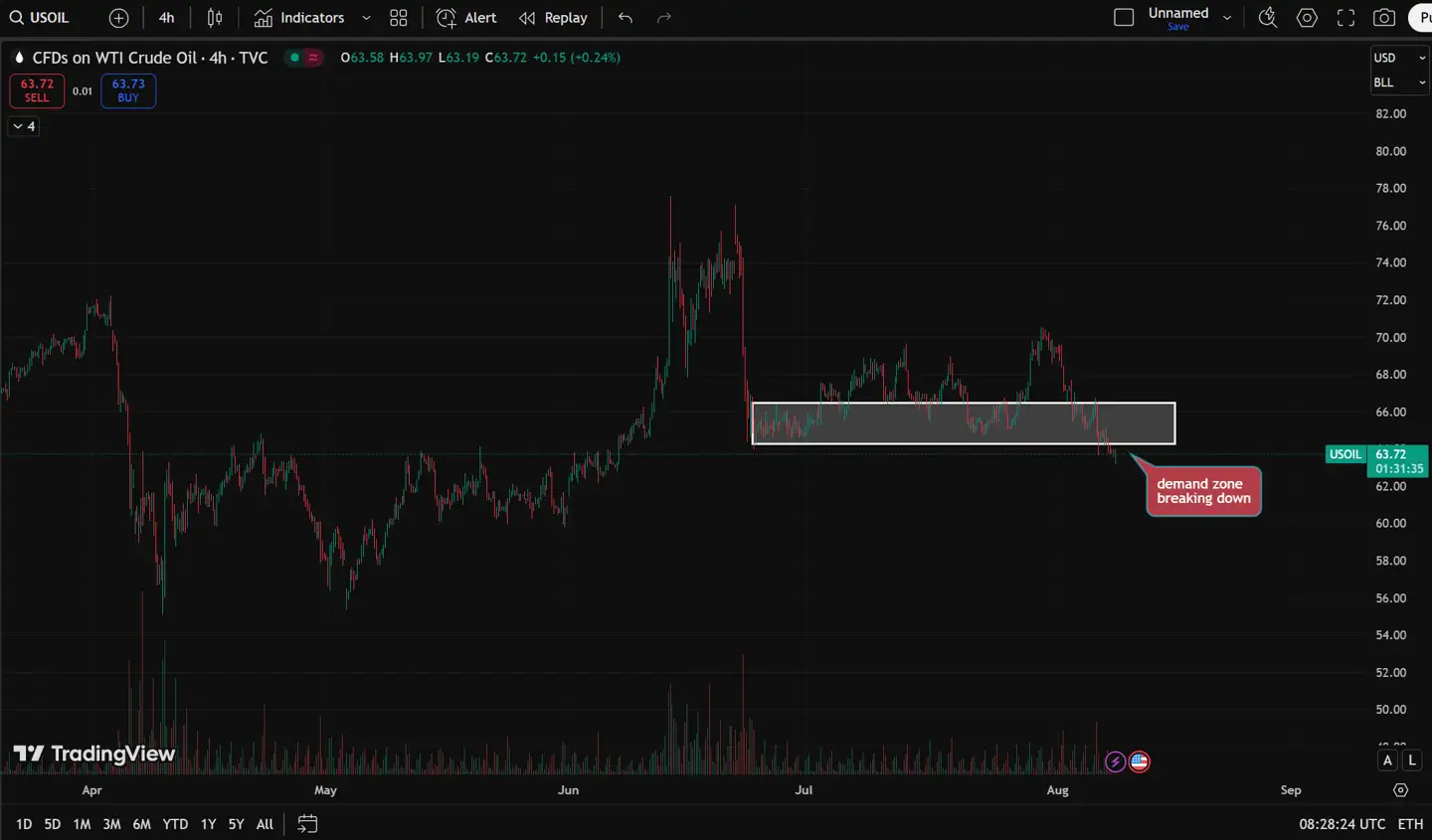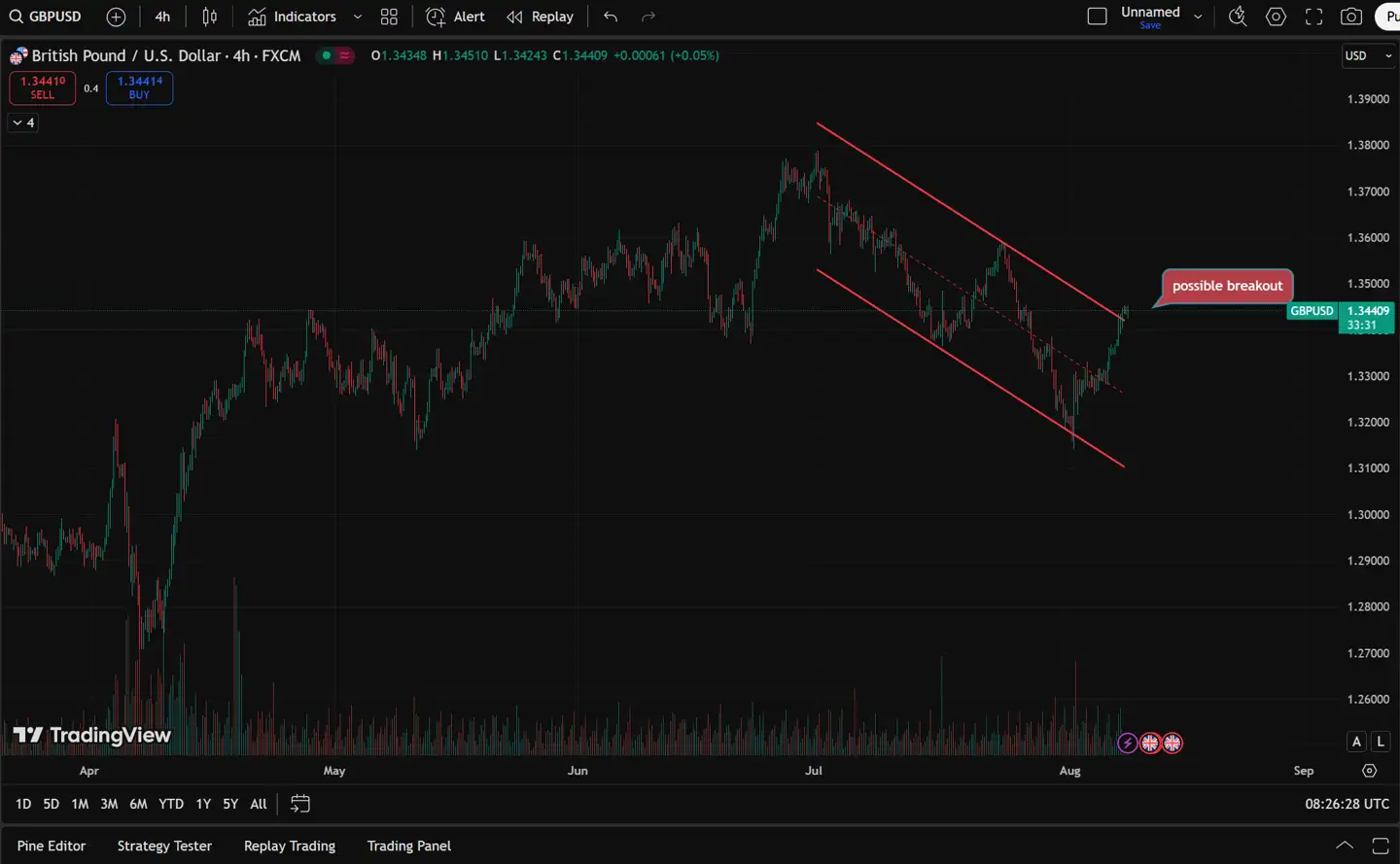
Markets on Edge: OPEC+, Gold Tariffs, and Central Bank Shifts Reshape Global Outlook
Feb 24, 2025
OPEC+ ends cuts early, U.S. hits refined gold with tariffs, BoE cuts rates, and Fed leadership shifts—all adding pressure to markets this week.
A wave of key macro and policy developments is shaping markets this week across commodities, central banks, and labor dynamics. Below is our short-form intelligence brief on what investors and institutions need to watch:
OPEC+ Reverses Production Cuts Early
OPEC+ has announced an additional 547,000 bpd supply increase for September, finalizing the full reversal of its 2.2 million bpd voluntary cuts one year earlier than scheduled. While the group cites healthy fundamentals and low inventories, the increase comes partially at Russia’s expense, raising questions about cohesion within the alliance. No further hikes are expected beyond September.
- Oil supply expected to stabilize post-September
- Short-term bearish pressure on crude, with geopolitical undertones

U.S. Slaps Tariffs on Refined Gold Imports
The U.S. will now classify one-kilo and 100-ounce gold bars under a tariff-eligible customs code, effective July 31, according to Customs and Border Protection. The move could directly affect Swiss refineries, which dominate global bullion processing. Expect disruptions in physical gold flows and potential pricing distortions in refined gold markets.
- May widen physical premiums
- Could shift refining demand away from Switzerland
Fed in Transition: Miran Appointed to Vacant Seat
President Trump has nominated Stephen Miran, a fiscal conservative and Fed critic, to temporarily fill the seat vacated by Adriana Kugler, who resigned to return to academia. Miran, who has called for structural reforms to the central bank, adds another layer of complexity as the White House continues its search for a new Fed Chair ahead of the 2026 transition.
- Miran’s stance may add hawkish pressure
- Short-term impact limited, but watch the Chair nomination closely
Bank of England Cuts Rates Amid Growth vs. Inflation Tension
The Bank of England has narrowly voted to cut interest rates to a two-year low, citing weak economic growth and the need to support household and business spending. However, with inflation ‘especially food prices’ still elevated, the decision reflects a finely balanced trade-off. Governor Andrew Bailey maintains that inflationary pressures are temporary and expects a general downtrend in rates.
The move has drawn support from Chancellor Rachel Reeves, who credits government policy for restoring economic stability. Meanwhile, opposition leaders argue that policy missteps delayed the rate normalization process.
- BoE signals dovish trend but warns of upside inflation risks
- Sterling slightly weaker; rate-sensitive assets supported

Final Takeaway
This week’s developments underscore a pivotal moment in global macro policy: OPEC+ is closing the door on further supply increases, gold markets face a new tariff regime, and both the Fed and Bank of England are navigating economic uncertainty with key leadership and policy shifts. Add softening U.S. labor data to the mix, and we see elevated cross-asset sensitivity to interest rates, commodities policy, and geopolitical developments.
Related Articles

Central Banks Diverge: RBA Leans Dovish, Fed Holds Amid Tariff-Driven Uncertainty
Aug 31, 2025

Wall Street Rallies on AI Buzz, but All Eyes Turn to Critical Jobs Report
Aug 1, 2025

S&P 500 Hits New High as Trade Hopes Rise, Eyes on Tesla & Big Tech Earnings
Jul 23, 2025